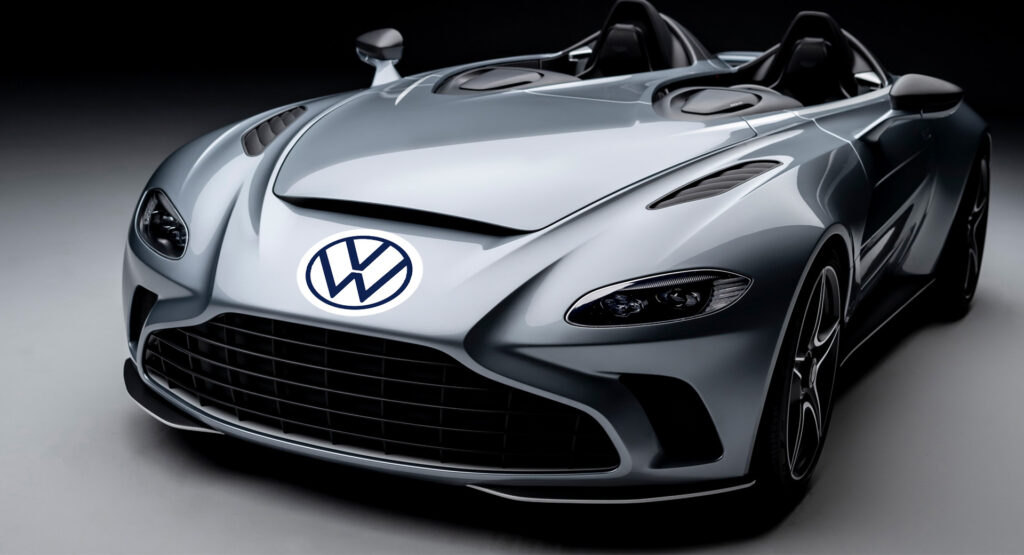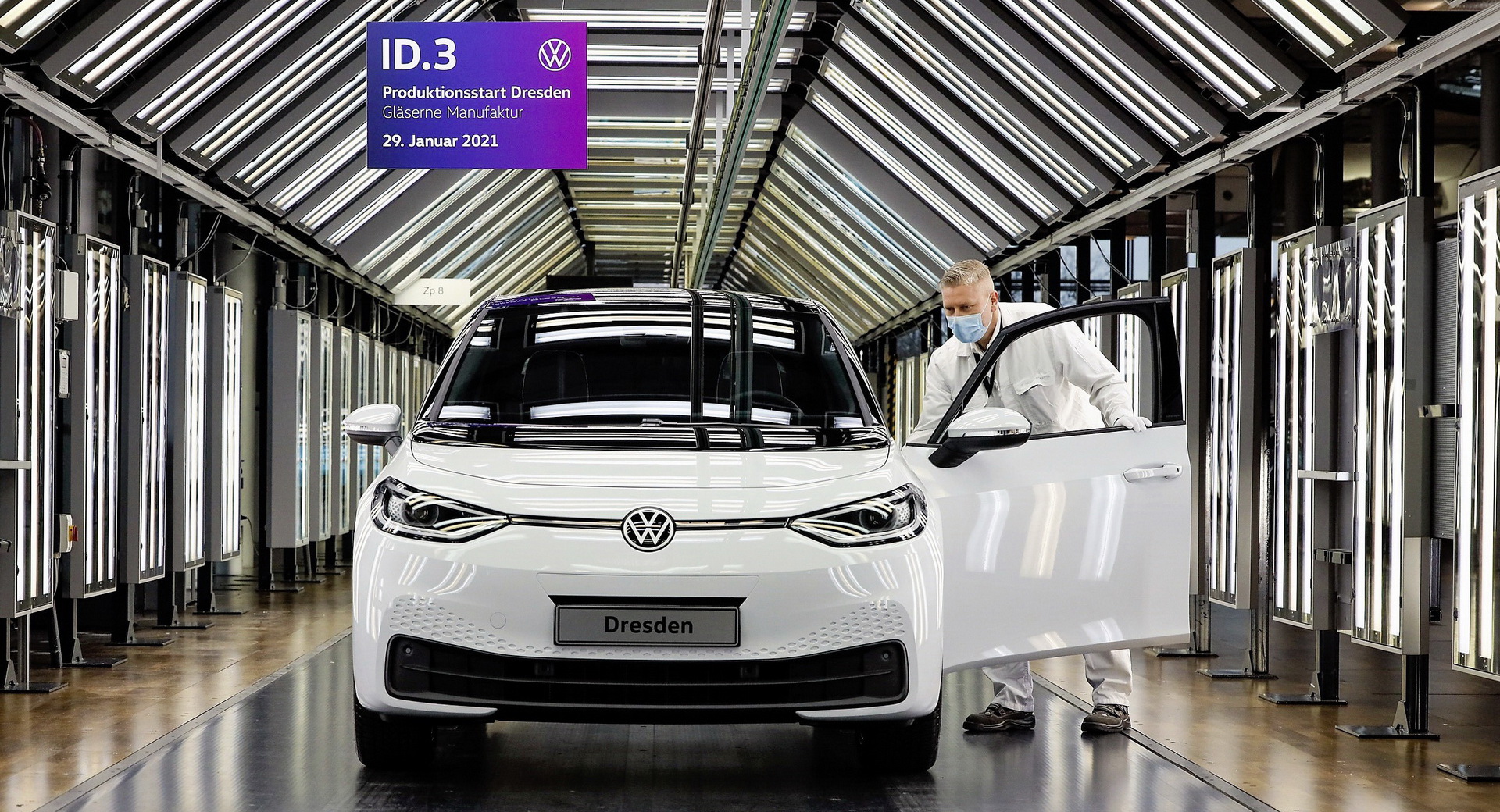We’ve heard of carmakers building vehicles without certain safety and convenience features to get around a shortage of semiconductors, but this latest supply-chain threat is potentially more problematic. Volkswagen is stockpiling windshields over fears that Europe is about to suffer a major glass shortage.
Automakers work on a just-in-time basis to avoid having huge stocks of parts lying around, and loads of money tied up in them. But the Wall Street Journal reports that Volkswagen is bulk-buying windshields and windows because it thinks soaring energy costs in Europe could spark a shortage of glass on the continent.
And while manufacturers like Aston Martin, Ferrari and McLaren are happy to roll out the odd speedster now and again, your average Tiguan buyer isn’t going to be ecstatic at the idea of having to wear a pair helmet or goggles to do the school run.
Related: Sourcing Batteries For All These New EVs After ICE Ban Will Be Challenging, Says VW CFO
The car biz isn’t the only industry stressing over the potential shortage of glass. The WSJ reports that German beer maker Brauerei C. & A. Veltins abandoned its usual practice of buying bottles throughout the year because prices were rising by up to 90 percent. The brewer has instead placed an order for 50 million bottles at once to see it through the year. We hope it’s got a big warehouse.
Glass production is energy-intensive and involves heating sand, soda ash and limestone together using natural gas, but the price of that gas has rocketed since Russia invaded Ukraine. Around 40 percent of German’s gas comes from Russia, which could be about to hike prices further this winter, and Russia today announced it would be halting the Nord Stream 1 pipeline to north-eastern Germany for three days, claiming that repairs are needed.
The president of Germany’s network regulator told Reuters that the company would be able to cope if Russia restarted the pipeline by the end of the week.
“I assume that we will be able to cope with it,” Klaus Mueller told the news agency. “I trust that Russia will return to 20 percent on Saturday, but no one can really say.”





